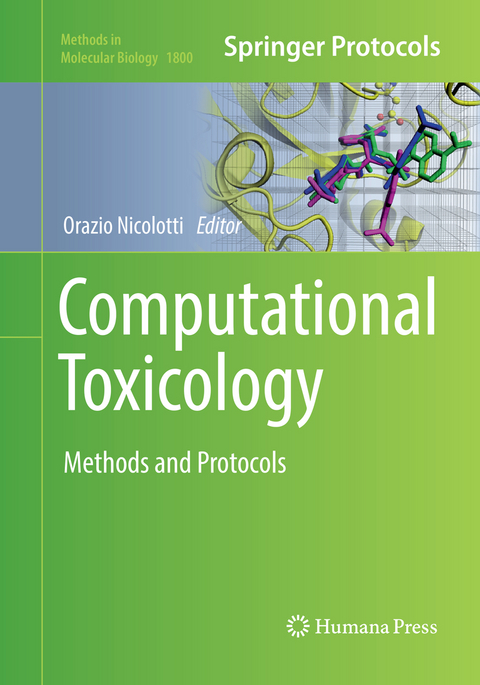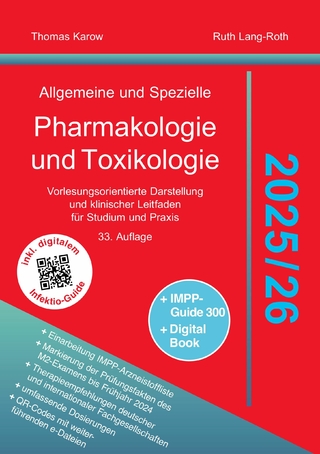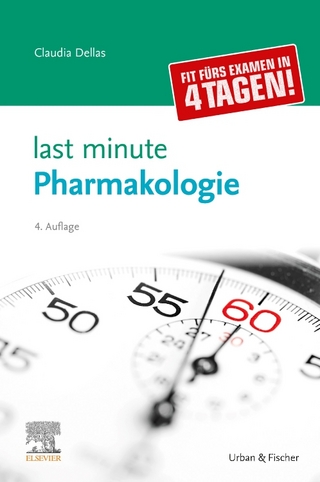
Computational Toxicology
Humana Press Inc. (Verlag)
978-1-4939-9319-2 (ISBN)
Comprehensive and cutting-edge, Computational Toxicology: Methods and Protocols is a valuable resource for researchers who are interested in learning more about this expanding field.
Molecular Descriptors For Structure-Activity Applications: A Hands-On Approach.- The OECD QSAR Toolbox Starts Its Second Decade.- QSAR: What Else? .- (Q)SARs as Adaptations to REACH Information Requirements.- Machine Learning Methods In Computational Toxicology.- Applicability Domain: A Step Toward Confident Predictions And Decidability for QSAR Modeling.- Molecular Similarity In Computational Toxicology.- Molecular Docking for Predictive Toxicology.- Criteria and Application on the use of Non-Testing Methods within a Weight of Evidence Strategy.- Characterization and Management of Uncertainties in Toxicological Risk Assessment: Examples from the Opinions of the European Food Safety Authority.- Computational Toxicology and Drug Discovery.- Approaching Pharmacological Space: Events and Components.- Computational Toxicology Methods in Chemical Library Design and High-Throughput Screening Hit Validation.- Enalos Suite:New Cheminformatics Platform for Drug Discovery and Computational Toxicology.- Ion Channels In Drug Discovery and Safety Pharmacology.- Computational Approaches in Multi-Target Drug Discovery.- Nano-Formulations for Drug Delivery: Safety, Toxicity, and Efficacy.- Toxicity Potential Of Nutraceuticals.- Impact of Pharmaceuticals on the Environment: Risk Assessment using QSAR Modeling Approach.- (Q)SAR Methods for Predicting Genotoxicity and Carcinogenicity: Scientific Rationale and Regulatory Frameworks.- Stem Cell-Based Methods to Predict Developmental Chemical Toxicity.- Predicting Chemically-Induced Skin Sensitisation by using In Chemico/In Vitro Methods.- Hepatotoxicity Prediction by Systems Biology Modeling of Disturbed Metabolic Pathways using Gene Expression Data.- Non-Test Methods to Predict Acute Toxicity: State of Art for Applications of In Silico Methods.- Predictive Systems Toxicology.- Chemoinformatic Approach to Assess Toxicity of Ionic Liquids.- Prediction of Biochemical Endpoints by the CORAL Software: Prejudices, Paradoxes, and Results.
| Erscheinungsdatum | 07.08.2019 |
|---|---|
| Reihe/Serie | Methods in Molecular Biology ; 1800 |
| Zusatzinfo | 115 Illustrations, color; 62 Illustrations, black and white; XVI, 587 p. 177 illus., 115 illus. in color. |
| Verlagsort | Totowa, NJ |
| Sprache | englisch |
| Maße | 178 x 254 mm |
| Themenwelt | Medizin / Pharmazie ► Medizinische Fachgebiete ► Pharmakologie / Pharmakotherapie |
| Medizin / Pharmazie ► Pharmazie | |
| Studium ► 2. Studienabschnitt (Klinik) ► Pharmakologie / Toxikologie | |
| Schlagworte | Computer-based models • drug development • drug discovery • Target-specific models • Toxicology endpoint prediction |
| ISBN-10 | 1-4939-9319-4 / 1493993194 |
| ISBN-13 | 978-1-4939-9319-2 / 9781493993192 |
| Zustand | Neuware |
| Informationen gemäß Produktsicherheitsverordnung (GPSR) | |
| Haben Sie eine Frage zum Produkt? |
aus dem Bereich


